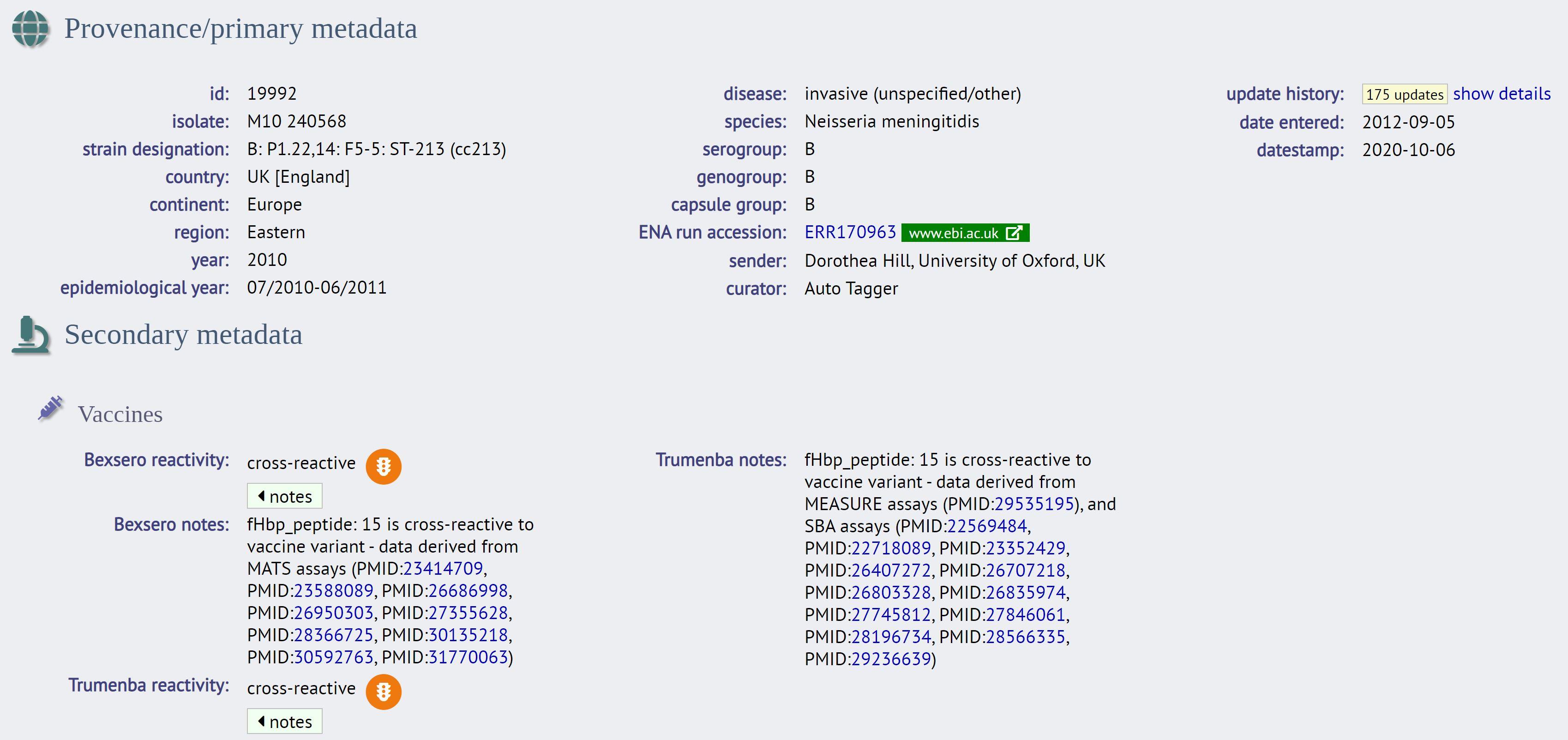Profile
Martin Maiden has more than thirty years of experience in the NHS and academia, translating high-quality basic science into practical public health benefits, especially in bacterial vaccines, vaccination, and food safety. This has included leading/participating in large national and international studies to understand the impact of vaccines and the development of widely-adopted approaches and bioinformatics platforms for exploiting sequence-based and genomic data. He also has more than fifteen years’ experience as an undergraduate and graduate educator and in advanced training for health professionals and capacity building, especially in Europe and Africa.
Biography
I have wanted to work in science for a long as I can remember, with my interest in infectious disease stemming from my time in the sixth form (High School) when I read MacFarlane Burnett’s seminal book ‘The Natural History of Infectious Disease’. I took a microbiology degree at Reading when Colin Kaplan was Head of the Department, cementing my interest in infectious disease biology, vaccination, and disease prevention and control. I moved to undertake a PhD with Peter Henderson in Hans Kornberg’s Laboratory in the Biochemistry Department in Cambridge, learning to apply molecular genetic approaches to biochemical problems. Here, working with Steve Baldwin, we discovered the Major Facilitator Superfamily, which includes both human and bacterial transport proteins.
After an MCR training Fellowship in Cambridge, Geoffrey Schild, the director of the National Institute for Biological Standards and Control (then part of the NHS), offered me the opportunity of starting an independent research group. At NIBSC, I aimed to combine the latest molecular approaches with the evolutionary biology and natural history of pathogens to combatting infectious diseases. Working closely with Ian Feavers, we established group working on meningococcal vaccine antigenic variation using sequence methods. We recognised the importance of population and evolutionary approaches and, after a sabbatical year in Berlin with Mark Achtman, in 1997 I moved with Brian Spratt to the Zoology Department in Oxford, as a Wellcome Trust Senior Fellow. At Oxford I have developed the evolutionary and epidemiological aspects of the work with many collaborators including Eddie Holmes and Sunetra Gupta.
At the turn of the century we developed multilocus sequence typing (MLST), an influential tool for the practical population and evolutionary biology of pathogens. We applied this approach to both epidemiological investigations and the UK Meningococcal Carriage Group (UKMenCar) studies of the impact of the meningococcal serogroup C conjugate vaccines in the UK, in which we established the importance of herd immunity in the success of these vaccines. MLST also helped us to untangle the complex epidemiology and biology of Campylobacter, which coincidentally my undergraduate tutor Bob Park had played a role in defining as a major public health problem. The insights from UKMenCar were influential in the introduction of the serogroup A conjugate vaccine MenAfriVac®, and working in the MenAfriCar consortium with Brian Greenwood, we were able to observe a similar herd immunity effect in the African Meningitis Belt. We also worked with Andy Pollard onmeningococal vaccine development.
During the early 2000s, Developments in next generation sequencing made possible a truly ‘population genomics’ approach to studying bacterial diseases. In 2010 Keith Jolley and I published the Bacterial Isolate Genome Database System (BIGSdb), which enabled the widely-used https://PubMLST.org website to handle whole genome sequences permitting whole genome studies at the population level including ‘population annotation’, annotating and cataloging all genes in a population. The PubMLST site now hosts data from >800,000 bacterial isolates more than 550,000 of them having genome data.
Our ‘gene-by-gene’ population genomics approach was used in the development of the Meningitis Research Foundation Meningococci Genome Library, a collaboration with Ray Borrow at Public Health England, Chris Tang in Oxford, and Julian Parkhill at the Sanger Institute. Working with PHE, we have helped the application of genomics to real-world problems in real time, including contributing to the decision to implement the MenACYW conjugate vaccine into the UK in 2015. We have on-going studies the population effects of meningococcal vaccines and how social behavior affects the spread of meningococci.
With a large group of international collaborators, we continue to develop new methods for the application of molecular data to the prevention of infectious disease, combining this with extensive training at the undergraduate, graduate and professional levels.








